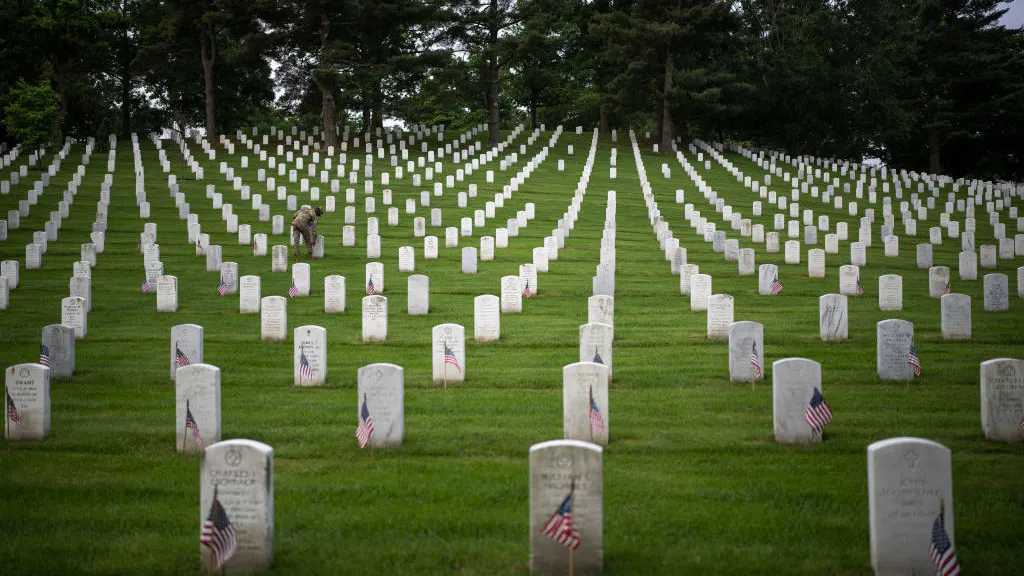The Department of Veterans Affairs (VA) is undercounting the number of former military service members who are dying to suicide and self-harm, a new study by a veterans group finds.
America’s Warrior Partnership (AWP) worked with the University of Alabama and Duke University to gather the death data on veterans across eight states: Alabama, Florida, Maine, Massachusetts, Michigan, Minnesota, Montana, and Oregon. After reviewing the data, AWP’s findings suggest that veterans were dying to suicide and self-harm “1.37 times [more] than reported by the VA from 2014-2018.”
“It’s devastating,” America’s Warrior Partnership President Jim Lorraine, a 22-year veteran of the Air Force, told NBC News. “I’m not only a veteran myself. My son serves, my son-in-law serves. My wife is a vet. I know a lot of veterans who have died from suicide.”
Much of the disparity is likely due to data collection errors by officials recording the deaths of former service members. “States undercounted [former service member (FSM)] status 18% of the time and counted non-FSMs as FSMs 7% of the time” leading to a “combined error rate of 25%,” the study says.
AWP used demographic data to identify some groups of veterans who are most at risk of suicide and death by self-harm.
“FSMs from the Coast Guard were most likely to die from suicide/SIM, followed by Marine Corps, Army, Navy, and Air Force,” the study says. “Receiving a demotion during military service increased the FSM’s odds of dying by suicide/SIM by 56%.”
The length of service may also matter. “The longer someone has served in the military, the lower their probability of taking their own life is 2% for every year served,” the study says “Those who served in the military for less than three years were at greatest risk for suicide/SIM.”
The VA defended its reporting on veteran suicides in a statement to Fox News.
“Our methodology for creating this report is well-established and consistent, based on verified data from the CDC and DoD, and meets the quality and standards of a peer-reviewed publication,” the VA said in a statement. “In the interest of full transparency, we release yearly reports detailing how we come to the conclusions in the Annual Suicide Prevention Report. The bottom line is this: One Veteran suicide is one too many, and VA will continue to accurately measure Veteran suicide so we can end Veteran suicide.”
Lorraine blamed the discrepancy in data collection at the county level, not on the VA, according to Stars and Stripes.
“The National Suicide Prevention Lifeline is a free hotline for individuals in crisis or distress or for those looking to help someone else. It is available 24/7 at 1-800-273-8255.”

.png)
.png)

